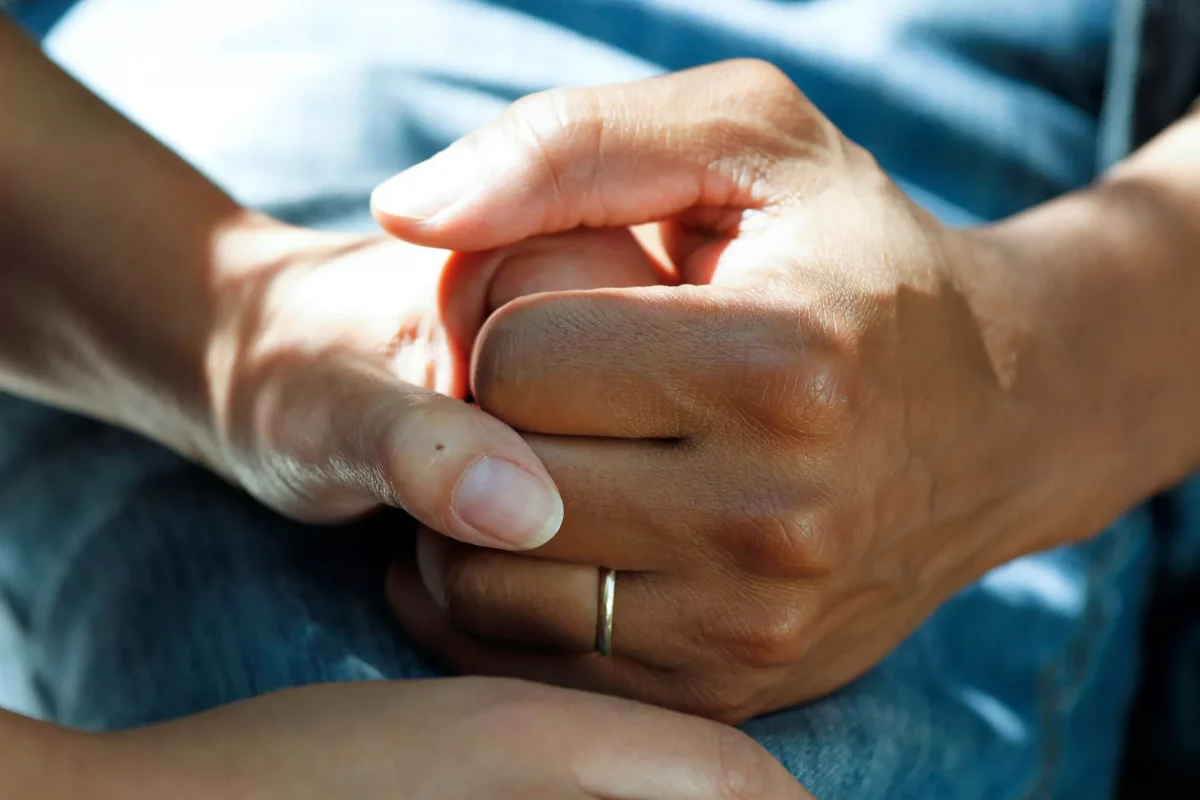A new study by the International Agency for Research on Cancer has been released just days ahead of World Cancer Day on 4th February and it carries a grim forecast of rising cases and mortalities over the next two decades as well as a warning about the immediate need for more investment in treatment and prevention strategies.
The International Agency for Research on Cancer (IARC), the World Health Organisation’s (WHO) cancer agency, is predicting a steady rise in the number of new cancer cases and affiliated deaths in the next two decades.
The study offers a global view into the proliferation of cancer as well as how it is treated and how research is funded, and while Europe performs best in many of these areas, there is still considerable cause for concern.
The cancers with the highest incidence rates in Europe as of 2022 are breast, prostate, colorectum and lung. France’s overall cancer rates are amongst Europe’s highest, at 339 cases per 100,000 people, with only Sweden, Denmark and Ireland coming up worse.
Doctor Hans Kluge, the WHO’s regional director for Europe, says, “At a time when health financing is coming under increasing pressure across Europe, we risk undoing decades of progress to improve the health and wellbeing of millions of people. As we emerge from the COVID-19 pandemic, my message to everyone – politicians and citizens alike – is that we need more, not less, health”.
By 2045, there will be an estimated 22.5% more new cancer cases per year in Europe, compared to a terrifying 55% increase globally. In real numbers, this means that worldwide cancer cases will go from 19.9 million in 2022 to 30.9 million by 2045.
Mortalities are also expected to rise on the continent by 32%, compared to more than 111% in Africa, nearly 80% in Asia and close to 60% in North America.
Investment and equal access to care needed
Europeans may be amongst the more privileged in the world in terms of access to health care, but not all countries have the same access to cancer care. Low-income Swedes, for example, are at more risk of dying from cancer than their wealthier counterparts, according to a report from the Union for International Cancer Control (UICC) in January.
To level the playing field, the UICC has called for increases in funding for cancer disparities, requesting cancer services be integrated into national health benefits and that better cancer screening programmes are implemented.
A WHO survey of 115 countries revealed that the majority of countries do not finance cancer services as part of health coverage well enough, spurring further calls for targeted investment to lessen the differences between countries.
Join the Monaco Life community – sign up for the Monaco Life newsletter, and follow us on Threads, Facebook, Instagram, LinkedIn and Tik Tok.
Photo source: National Cancer Institute, Unsplash
